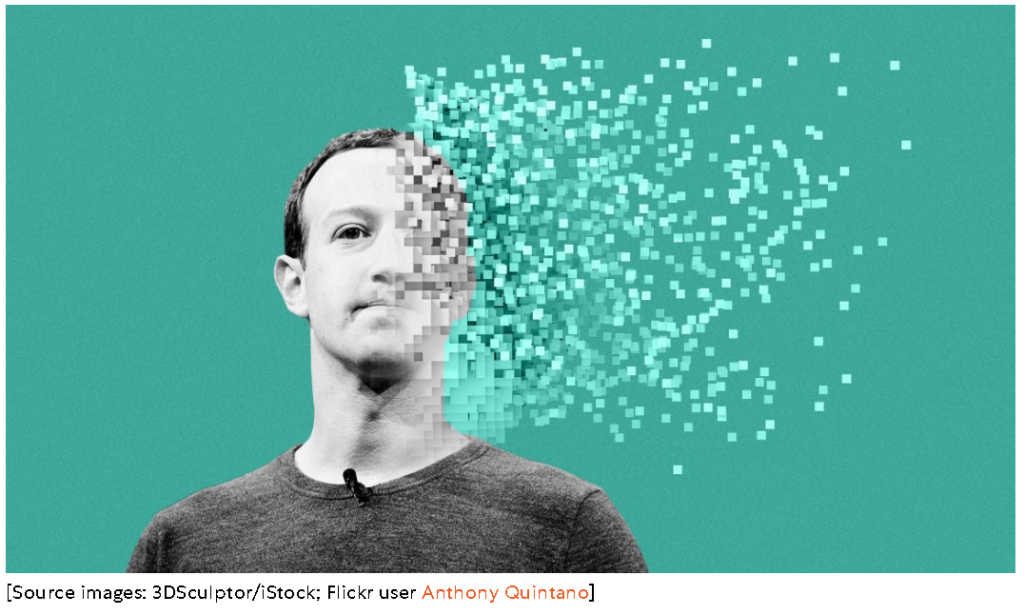
SEOUL: A South Korean industrial designer has come up with a satirical solution for “smartphone zombies” who can’t take their eyes away from their screen long enough to stop themselves walking into a wall or other obstacle.

Before he found himself on the Al-Shahaniya racetrack on the outskirts of Doha, Esan Maruff had never seen a camel race. It was May 2005, and Maruff’s robotics team was on-site for a Qatar-funded research and development project — to make human jockeys obsolete by building a camel-racing robot. It was not a career pivot Maruff had seen coming. “The job was very much an accident,” he said. “I never applied. I never gave my resume to anyone.”

In July 2019, police rushed to the home of 32-year-old Silvia Galva. Galva’s friend, also in the home, called 911, claiming she overheard a violent argument between Galva and her boyfriend, 43-year-old Adam Crespo. The two lived together in Hallandale Beach, Florida, about 20 miles from Miami.

SAMANTHA SCHAEVITZ WAS in the home stretch of a fellowship at Huridocs, a human rights nonprofit, when she got the call. Schaevitz works on site reliability engineering at Google; they’re the ones who keep steady the ship when things get choppy. And by February of this year, as large portions of Asia shut down in an attempt to slow the spread of the novel coronavirus, Google Meet found itself taking on water. They needed Schaevitz back at work.

The past several months have served up many reasons to see Facebook as the antisocial network.
It lets political candidates lie in paid ads that they can then microtarget to the easily duped. It tolerates fake pages until outside watchdogs call them out. And it’s chosen—in contrast to Twitter—to look past President Trump lying about mail-in ballots or endorsing extrajudicial executions by U.S. troops in U.S. streets.